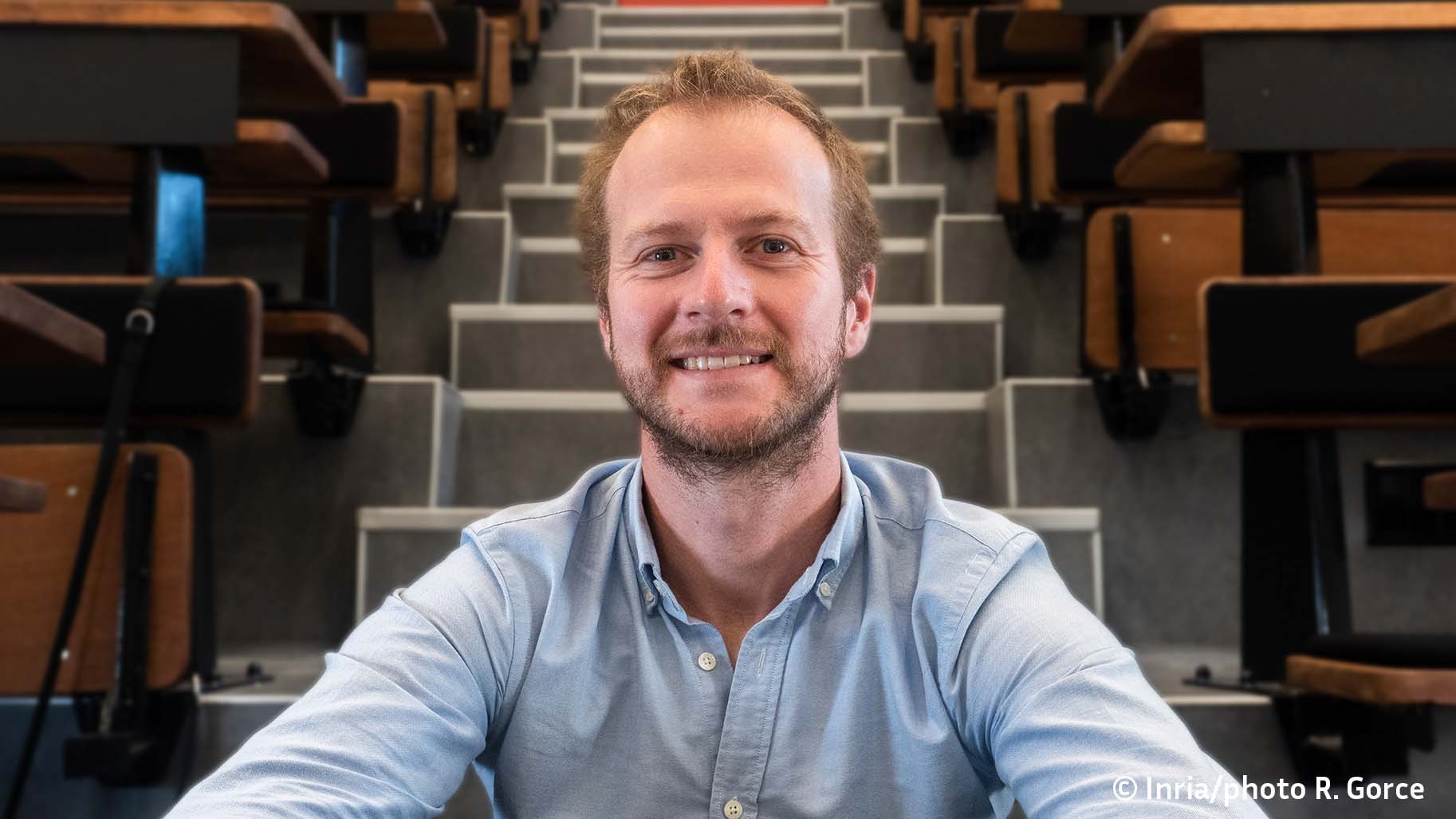Truly autonomous robots are just around the corner
Date:
Changed on 31/01/2025

Today, robotic systems work very well in factories because they are highly controlled environments in which robots are required to perform the same task over and over again. However, getting these robots to interact with humans or complex environments remains impossible, as they have difficulty in perceiving, interpreting and adapting to their environment, or in performing a sequence of different tasks.
This obstacle is due to the limitations of their programming, which is based on an extremely hierarchical decision-making process. The information sent by the visual module to the planning and control modules is often limited to a certain context in order to carry out a certain task. It is very difficult to adapt it to variations in the environment, which limits the flexibility and agility of robots. Today's robots are also unable to learn from past experiences and to use this information to adapt to new situations.
To make robots truly autonomous, dexterous and agile, we will use a combination of optimal control theory, which we will adapt to the specific context of robotics, and deep learning, exploiting existing technological building blocks to enable robots to fully perceive and understand their environment.
Our aim is to develop software that can be adapted to any robot, combining enhanced environmental perception, rapid decision-making and machine learning. In other words, we want to lay the algorithmic foundations for a genuine artificial intelligence of motion.
The ERC Starting Grant of €1.5 million will enable us to recruit up to ten PhD researchers, post-doctoral researchers and engineers over the five years of the project, which is due to start in 2025. We will also be drawing on the recognised expertise of the Willow joint project team, whose open source tools such as Pinocchio are already being used to model numerous robots around the world. To further increase our capacity to meet such an ambitious challenge, we are currently creating an open source software consortium in order to promote our scientific and technical advances directly to the different academic and industrial players.
We also have a robotics platform that will enable us to experiment with our software and test it on a wide range of robots (quadrupeds, dexterous hands, humanoids, etc.). Finally, we will be capitalising on the issues emerging from the European AGIMUS project, in which I am also involved, and which aims to improve the versatility of robots in industrial environments.
The software we are developing at ARTIFACT will be open source, so that it can be used by all robot manufacturers, opening up opportunities in the medical, economic and industrial sectors. It will contribute to the Maestro consortium, led by the Willow team, and will make it possible to envisage autonomous robots operating in hospitals, at home... anywhere, in fact! Robots will finally emerge from controlled environments to interact fully with humans.
“Just five years ago, robotics was not among the research areas developed at the Inria Paris centre. Today, I see the ERC Starting Grant as providing recognition for the work carried out collectively by the Willow joint project team on this theme, because robotics is not a subject for solitary study, but rather the fruit of genuine team-based reflection. This initial recognition of our collective success will also serve as a catalyst: the research made possible by the ERC will enable us to become a high-profile, and even a pivotal player in free and open software for the robotics of tomorrow.”
For experts: